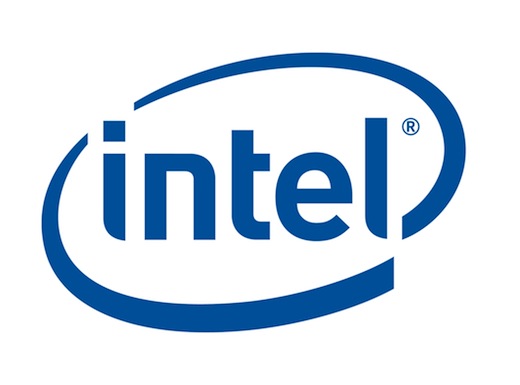Intel offers free workshops to help you learn about the latest tools for cross-platform development.
One of the top concerns for mobile developers is cross-platform development. When the market is as fragmented as it is between different operating systems, devices and input/output options, developers need to seize every opportunity to repurpose their code across different platforms.
HTML5 is fast becoming the most credible option for developers who want to create apps for different platforms, such as tablets, phones and Ultrabook devices. While you’re at Mobile World Congress, you can take the opportunity to get ahead in HTML5 by attending a free workshop about the Intel HTML5 App Porter Tool Beta. This clever programme takes your Apple iOS code and converts it into HTML5. It uses a combination of native HTML5 and libraries such as jQuery Mobile to translate iOS calls to platform-independent HTML5 code, with Objective-C translated into Javascript.
Of course, not all iOS functions can be supported, but Intel has built its tool to focus on the most commonly used ones. The most popular types and methods in the UIKit framework and Foundation framework can be translated automatically, and there is some support for some classes in other frameworks too. The upshot of it is that most developers should find a good proportion of their programme is automatically converted.
What about the rest? It’s documented in the programme with placeholder code that details the types of arguments a function should receive, and which other functions are referencing it. That means developers can focus their attention on the small portion of unique code in their programmes, instead of having to reinvent the wheel all the time, and that unique portion of code will shrink over time as the tool is expanded to recognise more iOS calls.
At Mobile World Congress, you can see the tool in action at a free hour-long workshop that takes place in the App Planet hall each day. Attendance is free, but you have to register in advance.
There is also a free four-hour workshop entitled ‘Ultrabooks & Tablets: App development in Windows 8 using touch, sensors and more’, which will show you how you can make the most of the latest innovations in tablet and Ultrabook hardware. The workshop starts with a focus on the user experience, before exploring how you can develop touch-based apps and use sensors. There will be a guest speaker covering Windows 8, so if you’re looking to deploy on that platform, this could give you some valuable insight to help steer your app development. As with the other session I mentioned, it’s free to attend, but if your name’s not down, you’re not coming in!
There’s another session that could prove valuable to cross-platform developers too. You can meet the Intel Cloud Services Platform team, who will show how you can use Intel’s services to create seamless experiences across different platforms. The services are split into identity services, location based services, commerce services and context services, which together form the backbone of many types of app we use today, especially social networking apps. The workshop lasts for two hours, and there’s some background documentation you can read to prepare.
It’s busy, busy, busy at Mobile World Congress, but don’t let that stop you from making the most of the educational opportunities on offer. Time on the exhibition floor is well spent, and will give you an overview of the latest mobile devices and software (particularly in the App Planet zone), but you can rest your weary legs and catapult your understanding forwards by dropping in to one of these free workshops. Find out more and register for any of the free workshops here.
• This blog post is written by Softtalkblog, and is sponsored by the Intel Developer Zone, which helps you to develop, market and sell software and apps for prominent platforms and emerging technologies powered by Intel Architecture.
Source Mobile Entertainment
Most Popular Tech Stories
- Kelly Betting – How It Works and the Kelly Criterion Explained
- What are Pokies? – The Latest Guide to How Pokies Work in Australia
- AI industry needs annual revenues of more than the UAE’s GDP to offset costs
- Pepe Unchained Meme Token ICO Hits $2 Million – Could PEPU See a Post-Launch Surge Like PEPE?
- 4 Best Meme Coins to Buy with 100x Gains Potential – Top Picks for July 2024
Latest News
Does AI increase productivity at work? New study suggests otherwise
Artificial intelligence software reduces productivity and harms the working environment, according to a study from the freelance platform, Upwork. The findings appear to question how AI is being deployed at...

















